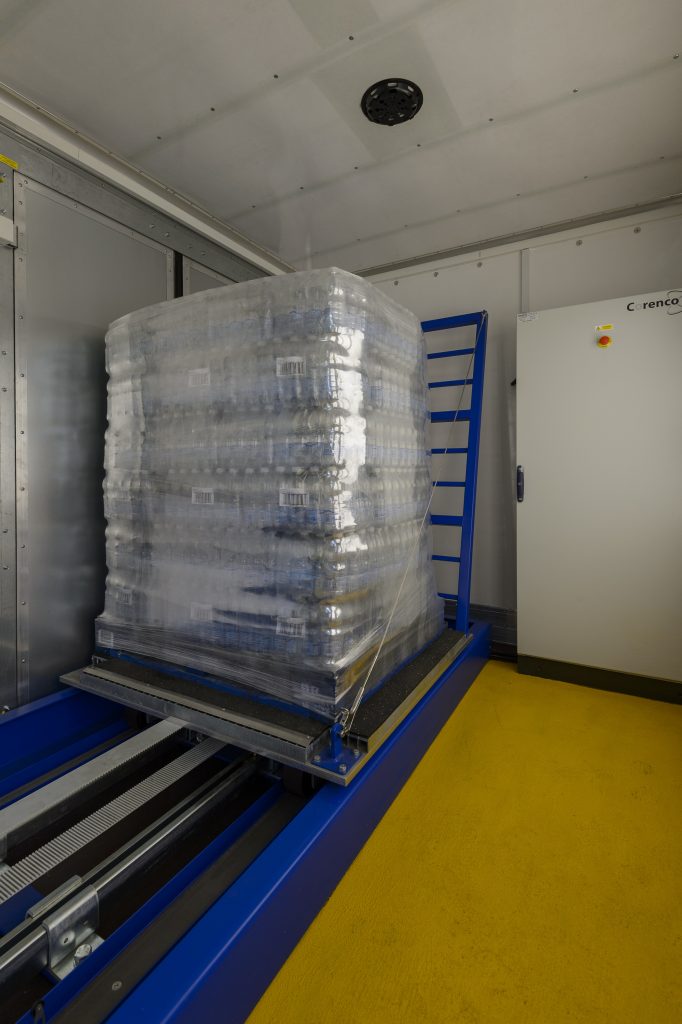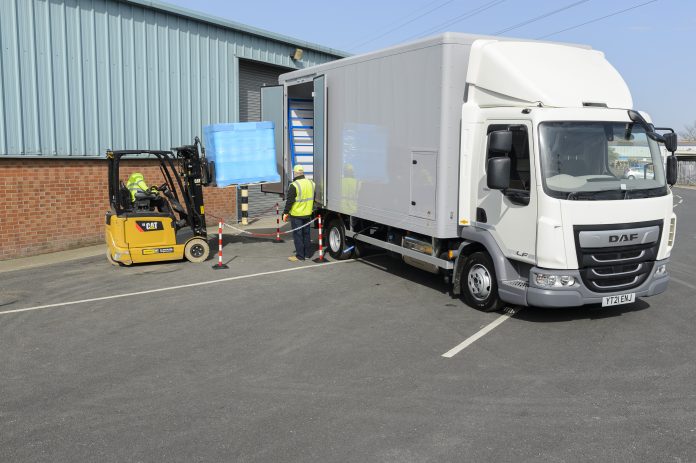Rick Sellars explores logistics’ roots in manual guesswork and the cutting-edge technology reshaping pallet wrapping today
For many years, businesses have relied on outdated, manual methods and simple guesswork when it comes to securing pallet loads. Often, this results in either too much plastic being used, which ultimately impacts costs and carbon footprint, or too little, which increases the risk of product damage during transit.
To this day, movement in transport (MIT) remains one of the biggest challenges in logistics, with industry statistics highlighting that more than 11 percent of palletised journeys are affected, which leads to over 82.5 million damaged pallets annually.
Over the years, the Lindum team has worked tirelessly to put an end to the uncertainty and help businesses reduce plastic usage while mitigating the risk of MIT issues to support the overall supply chain.
Designed to give logistics professionals control over palletised goods and overall sustainability, the new Lindum Standard is a data-driven framework that offers measurable, repeatable results that balance sustainability, safety, and cost-effectiveness. It ensures that every pallet leaving a facility uses the correct amount of plastic, reducing plastic consumption without compromising pallet stability.
One of the main standout innovations behind the Lindum Standard is the Mobile Pallet Stability Testing Lab, which was launched in 2023. This is the UK’s only mobile unit that travels to customer sites and uses high-tech equipment and an onboard accelerator bench to simulate real-world transit conditions and test load stability to provide immediate feedback and help businesses make immediate, data-backed changes to their packaging practices.

The second tool in the Lindum Standard arsenal is Kontrol 4.0, a web-based IoT device which has been dubbed the “fitness tracker” for pallet wrappers. This small but powerful gadget retrofits onto any wrapping machine and collects real-time data on stretch wrap usage and machine performance, helping operators identify inefficiencies, reduce waste, and minimise downtime.
The final component in the Lindum Standard is high-performance packaging materials, which are tailored to the specific needs of each load. This targeted approach means businesses can cut plastic waste and carbon emissions by up to 50 percent, simply by choosing the right film for the job.
With increasing pressure from plastic tax legislation and the growing importance of ESG commitments, the Lindum Standard combines innovation, accountability, and environmental responsibility to help businesses navigate the complexities of pallet wrapping without compromising performance.
By offering practical tools and data-driven insight, it empowers logistics professionals to make informed decisions, streamline operations, and align pallet wrapping practices with broader sustainability goals.
Rick Sellars is the Technical Director at Lindum Packaging






